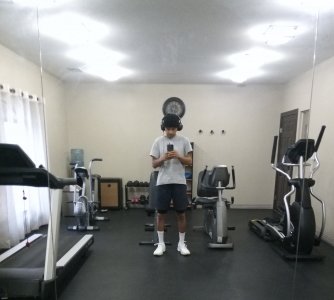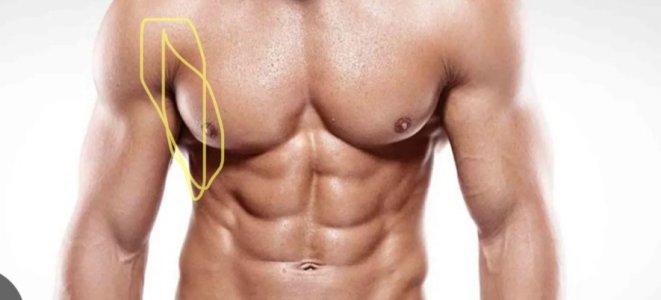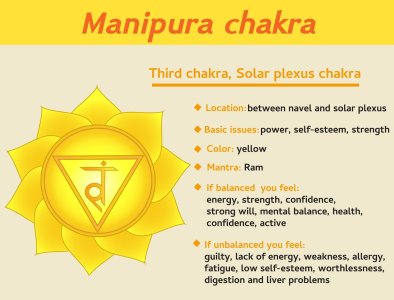"Metabolism. 2013 Jan 10. pii: S0026-0495(12)00461-1. doi: 10.1016/j.metabol.2012.12.008. [Epub ahead of print]
Effects of post-absorptive and postprandial exercise on 24h fat oxidation.
Shimada K, Yamamoto Y, Iwayama K, Nakamura K, Yamaguchi S, Hibi M, Nabekura Y, Tokuyama K.
Source
Doctoral Program in Sports Medicine, Graduate School of Comprehensive Human Sciences, University of Tsukuba, Tennodai 1-1-1, Tsukuba, Ibaraki, Japan 305-8574.
Abstract
OBJECTIVE:
Fat oxidation during exercise depends on nutritional state, and exercise performed in the post-absorptive state oxidizes more fat than that performed in the postprandial state. However, the effects of exercise on energy metabolism continue during the post-exercise period, and the difference in fat oxidation during exercise may be compensated for during the post-exercise period. The present study compared the effects of an acute exercise bout in the post-absorptive or postprandial state on 24h fat oxidation.
METHODS:
Twelve young male athletes stayed twice in a room-size metabolic chamber for 24h indirect calorimetry in a randomized repeated-measure design. Before or after breakfast, i.e. in the post-absorptive or postprandial state, subjects exercised at 50% VO(2) max for 60min.
RESULTS:
During the 60min of exercise, energy expenditure in the two exercise trials were equivalent, but exercise in the post-absorptive state was performed with lower RQ compared with that in the postprandial state (P0.5). However, accumulated 24h fat oxidation was higher (P

 . Hopefully I will bench over 300 soon. Looks like I will!
. Hopefully I will bench over 300 soon. Looks like I will!




































